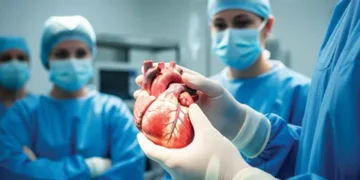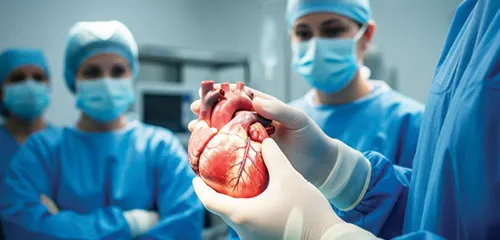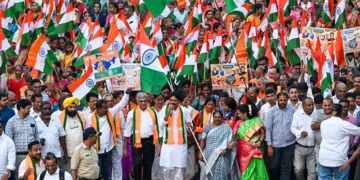Blitz Bureau
NEW DELHI: India’s healthcare system is facing a silent but deadly crisis. Despite advances in medical science, nearly five lakh patients die every year for want of an organ transplant, exposing glaring gaps in policy, regulation, and public awareness. According to the National Organ & Tissue Transplant Organisation (NOTTO), the demand far outstrips availability. Around two lakh patients require kidney transplants annually, 50,000 need liver transplants, and another 50,000 are in need of heart transplants. Yet, only 1,600 kidneys, 700 livers, and 300 hearts are transplanted each year. Every day, at least 15 patients die waiting.
India’s organ donation rate remains at 0.65 donors per million population, one of the lowest in the world. In contrast, Spain records 35 per million, Croatia 30, and the United States 26. Experts say the disparity is not just medical but also cultural and regulatory.
Organ transplantation is governed by the Transplantation of Human Organs and Tissues Act (THOTA), 1994, amended in 2011, and the THOT Rules, 2014. The law recognises brain-stem death, prohibits organ trade, and mandates licensing of hospitals through state authorities.
Hospitals must prove they have ICUs, advanced operating theatres, blood banks, histocompatibility labs, and qualified transplant surgeons to obtain a licence, valid for five years. A transplant coordinator is compulsory to handle consent and family counselling.
Though the law bans any payment for organs, the cost of surgery and post-care remains prohibitive in private hospitals. A kidney transplant costs Rs 6.5–10.5 lakh, a liver transplant Rs 25–30 lakh, while heart and lung procedures range between Rs 12–35 lakh. Public hospitals like AIIMS and schemes such as PM-JAY and state-level insurance reduce costs, but out-of-pocket expenses still push many families into debt. Abroad, the financial model is more robust: Medicare in the US covers kidney transplants and lifelong drug therapy, while European Union directives ensure equitable and safe cross-border organ sharing.
































